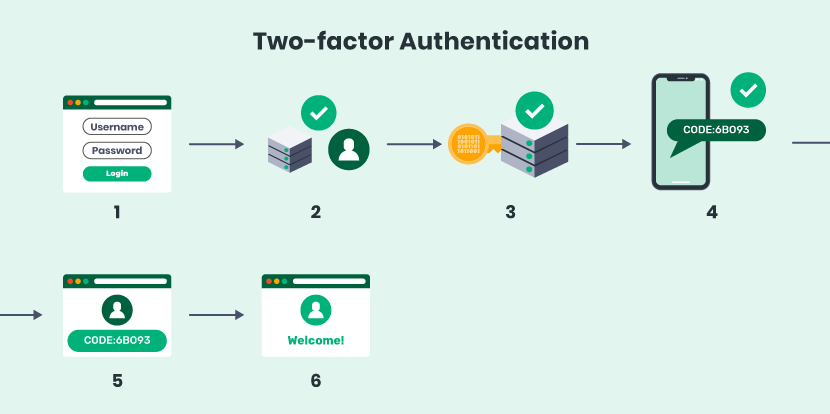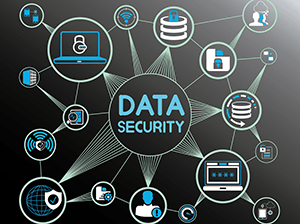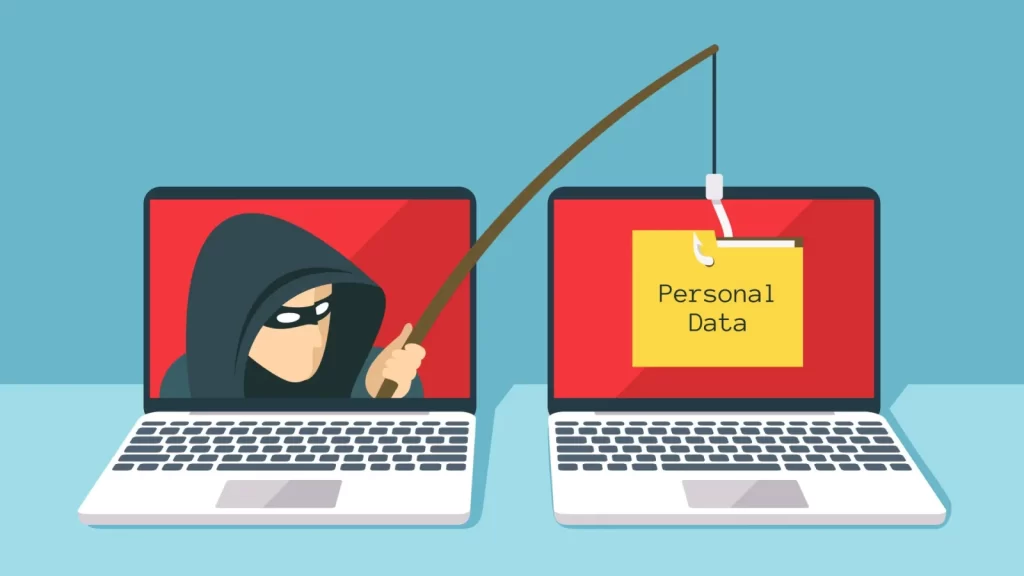Introduction:
In the digital age, numerous businesses and organizations are constantly collecting, storing, and using our personal data. It’s more important now than ever to take control of our personal data and safeguard our privacy. In this comprehensive guide, we’ll provide you with practical steps and strategies to regain control of your personal data in 2023.
1: Understand the Importance of Personal Data Protection:
To effectively take control of your personal data, it’s crucial to understand why it matters. We’ll explore the potential risks associated with data breaches, identity theft, and privacy violations. By understanding the significance of personal data protection, you’ll be motivated to implement the necessary measures.
Conduct a Data Audit:
Start by conducting a thorough audit of your personal data. Identify the platforms, websites, and apps that collect and store your data. Assess the privacy policies and security measures implemented by these entities. This audit will serve as a foundation for taking proactive steps to protect your data.
3: Strengthen Your Passwords and Enable Two-Factor Authentication:
One of the simplest yet most effective ways to enhance your data security is by strengthening your passwords. We’ll provide tips on creating strong passwords and encourage the use of password managers. Additionally, enabling two-factor authentication adds an extra layer of protection to your accounts.


4 Review Privacy Settings:
Take the time to review the privacy settings of your online accounts and devices. We’ll guide you through the privacy settings of popular social media platforms, email providers, and operating systems. Adjust these settings to limit data collection, sharing, and targeted advertising.
5 Opt-out of Data Collection:
Explore opt-out options provided by data brokers, marketing agencies, and advertising networks. We’ll explain how to opt out of targeted advertising and limit data sharing across different platforms. By opting out, you’ll have more control over how your data is used.
6 Educate Yourself on Data Protection Laws:
Stay informed about the latest data protection laws and regulations. Familiarize yourself with your rights regarding data privacy and how organizations should handle your personal information. Being aware of these laws empowers you to hold companies accountable for any mishandling of your data.
7 Be cautious with third-party apps and services.
Third-party apps and services often request access to your personal data. We’ll provide guidance on scrutinizing these requests and only granting access when necessary. Additionally, we’ll discuss the importance of reading and understanding the terms and conditions before using new apps or services.
8 Transparency:
Companies must be transparent about individuals’ data collection and AI usage practices.
9 Data Minimization:
Companies should collect only a minimum amount of personal data and delete it once the specific purpose of the application has been fulfilled because it is no longer needed.
Data Security:
Ensure that the stored personal data is protected from unauthorized access, theft, and all other security threats.


Conclusion:
In 2023, taking control of your personal data will be essential for maintaining your privacy and protecting yourself from potential data breaches.
By following the step-by-step guide outlined in this blog, you’ll gain a comprehensive understanding of personal data protection and be equipped with practical strategies to safeguard your data. Empower yourself by reclaiming control over your personal information and ensuring a safer digital presence.
FAQs
- Why is it important to take control of my personal data?
- It is crucial to take control of your personal data because doing so helps to protect your privacy, prevents data breaches, lowers the risk of identity theft, and gives you more control over how businesses and organizations use your information.
- What steps can I take to strengthen the security of my personal data?
- There are several steps you can take, including strengthening your passwords, enabling two-factor authentication, reviewing privacy settings on your online accounts and devices, opting out of data collection, and being cautious with third-party apps and services.
- How can I conduct a data audit?
- To conduct a data audit, you should start by identifying the platforms, websites, and apps that collect and store your data. Review their privacy policies and security measures. This audit will help you understand where your data is being shared and take necessary actions to protect it.
- What are data protection laws, and how do they affect me?
- Data protection laws are regulations that govern how organizations handle personal data. These laws give individuals certain rights and provide guidelines for data collection, storage, and usage. Understanding these laws helps you know your rights and hold companies accountable for protecting your data.
- How can I stay informed about the latest developments in data protection?
- To stay informed, you can follow reputable sources of information such as privacy-focused websites, news outlets covering data security topics, and official government websites that provide updates on data protection laws and regulations. Additionally, joining relevant online communities and forums can provide insights from experts and peers in the field.



